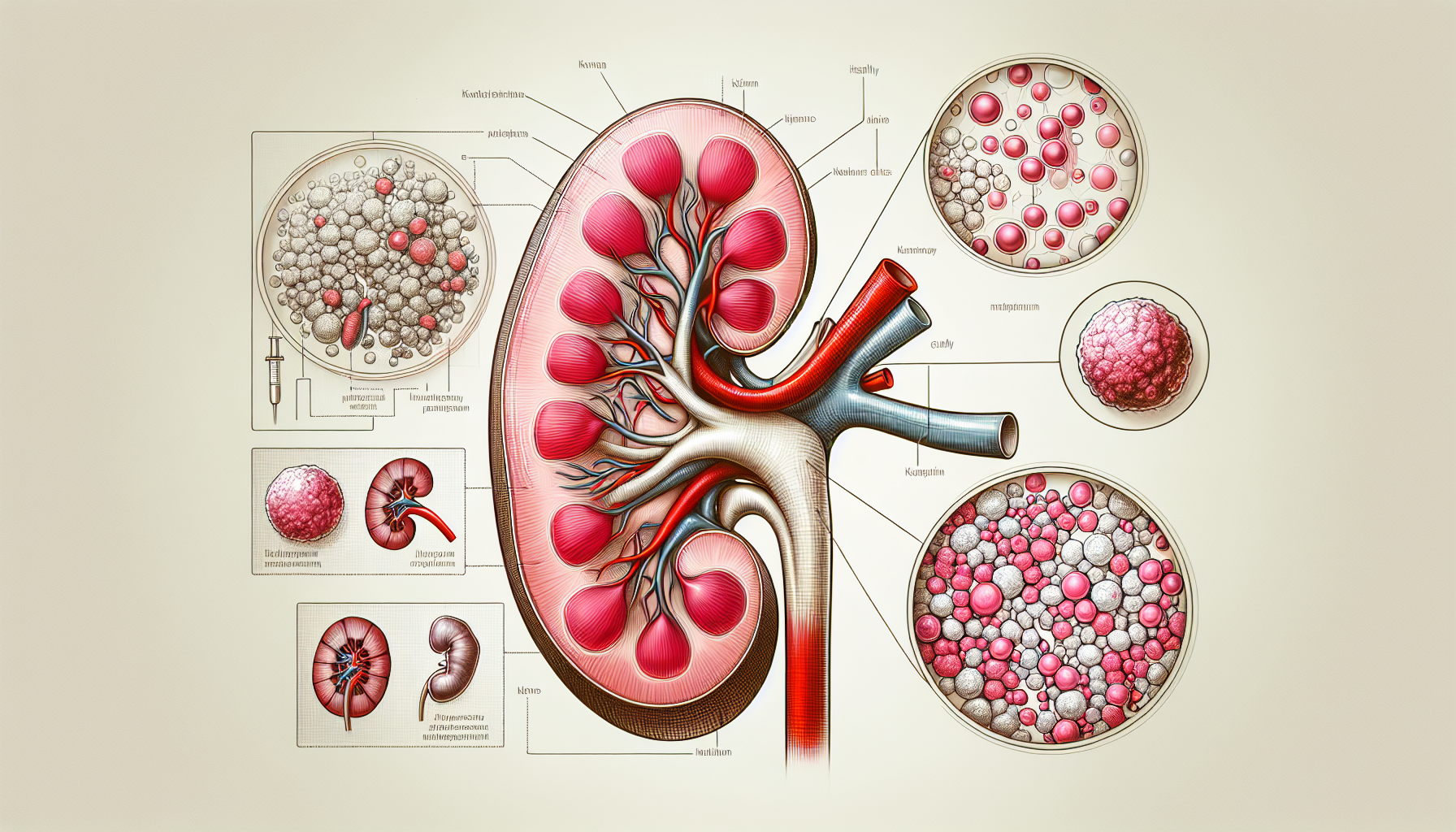New Developments in Liver Health: Obeticholic Acid Shows Promising Results for PBC Patients
Key Takeaways
- Obeticholic acid is effective in reducing key liver biomarkers in PBC patients.
- Early treatment with OCA may prevent fibrosis progression.
- Noninvasive assessments are critical tools in monitoring liver health.
Did You Know?
Introduction to Primary Biliary Cholangitis (PBC)
Primary biliary cholangitis (PBC) is a chronic autoimmune disease that primarily affects the bile ducts in the liver. Over time, PBC can lead to inflammation, scarring, and significant liver damage, affecting a small but notable population, especially women over the age of 40. Without proper management, PBC can lead to cirrhosis, necessitating liver transplant or potentially leading to death.
Since PBC is a progressive disease, early intervention and suitable treatment plans are crucial for preventing its advancement. In recent years, various therapies have been developed to address this condition more effectively.
Understanding the Role of Obeticholic Acid (OCA)
Obeticholic acid, known commercially as Ocaliva, is a farnesoid X receptor (FXR) agonist. It is designed specifically to treat adult patients with PBC. This treatment can be used in combination with ursodeoxycholic acid (UDCA) for those who do not respond adequately to UDCA alone or as a monotherapy for those who cannot tolerate UDCA.
The significance of OCA lies in its ability to impact multiple biochemical and inflammatory markers in the liver, contributing to improved liver health and functionality. Recent analyses of clinical trials have provided deeper insights into OCA's effectiveness and safety profile.
Key Findings from the POISE Study
The landmark Phase 3 POISE trial explored the efficacy and safety of OCA in patients with PBC who did not adequately respond to UDCA. The trial included multiple groups: a placebo group, a 5 mg OCA group with a titration option to 10 mg after six months, and a 10 mg OCA group. This double-blind trial extended over 12 months, with a subsequent long-term safety extension phase of up to five years.
The results showed that OCA significantly reduced serum levels of alanine aminotransferase (ALT) and aspartate aminotransferase (AST) as early as two weeks into the treatment. Remarkably, over 50% of patients in both OCA groups showed normalized ALT levels by the sixth month.
Impact on Key Liver Biomarkers
Beyond ALT and AST, the study also examined the effects of OCA on enhanced liver fibrosis (ELF), transient elastography (TE), the aminotransferase to platelet ratio index (APRI) score, and the fibrosis-4 (FIB-4) index. These noninvasive markers are critical for assessing liver fibrosis and inflammation.
Improvement in these biomarkers indicates that OCA can stabilize and potentially reverse fibrosis progression, making it a valuable tool in managing PBC, especially when initiated early in the disease process.
Importance of Noninvasive Measurements
Noninvasive methods like ELF, TE, APRI, and FIB-4 provide essential insights without the need for invasive procedures like liver biopsies. These tools are beneficial for both clinicians and patients, allowing for more straightforward monitoring and decision-making in treatment plans.
The recent findings highlight OCA's potential to provide long-term benefits and tailor a more personalized approach to treating PBC.
Real-world Implications for Physicians and Patients
The results from these analyses are crucial for physicians managing PBC patients. By understanding the multifaceted nature of PBC and how OCA impacts various biomarkers, physicians can make more informed decisions regarding early intervention and tailored treatment plans.
Patients, on the other hand, can gain confidence knowing that there are effective treatment options that can possibly halt or reverse disease progression, improving their quality of life.
Recognition at EASL Congress 2024
The findings from the Phase 3 POISE trial were presented at the European Association for the Study of the Liver (EASL) Congress 2024, held in Milan, Italy. This platform provided an opportunity to share groundbreaking data with the global scientific community, fostering further research and development.
Presentations like these are vital to accelerating the adoption of new treatments and ensuring that patients benefit from the latest advancements in medical science.
The Future of PBC Treatment
As research continues, the understanding of PBC and its treatment options evolves. Obeticholic acid represents a significant step forward in liver disease management, offering hope to many facing this challenging condition.
Continued studies and clinical trials will be crucial to confirming the long-term benefits of OCA and potentially unlocking new therapeutic approaches for PBC and other liver diseases.
References
- NIH Clinical Trialshttp://clinicaltrials.gov/ct2/show/NCT01473524
- European Association for the Study of the Liver (EASL)https://easl.eu
- Intercept Pharmaceuticalshttps://www.interceptpharma.com




